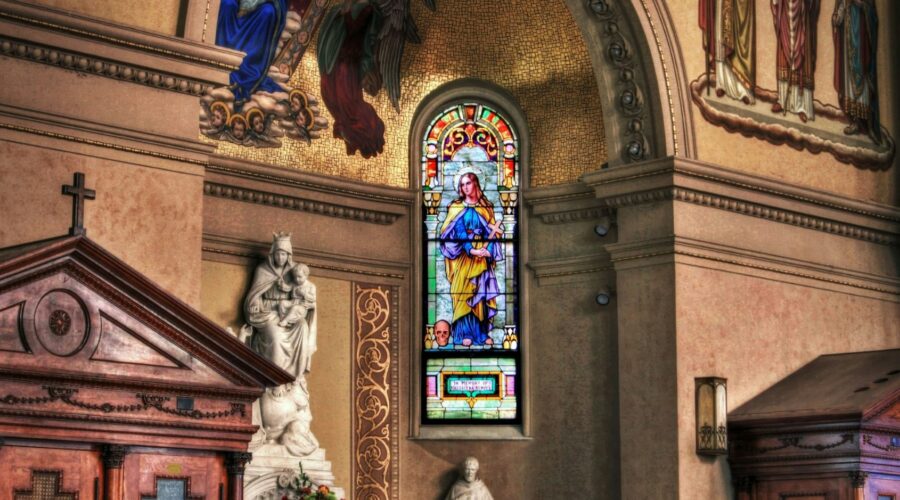Your cart is currently empty!
Saint Gregory the Great: A Guiding Light in the Dark Ages

Introduction
Saint Gregory the Great, also known as Gregory I, was a towering figure in the history of Christianity. As the 64th Pope of the Catholic Church from 590 to 604, he played a pivotal role in shaping the religious and political landscape of Europe during the turbulent period known as the Dark Ages. This comprehensive guide will delve deep into the life, legacy, and enduring impact of Saint Gregory the Great.
Early Life and Career
Gregory was born into a noble Roman family around 540 AD. He received a privileged education, studying grammar, rhetoric, and philosophy. Early in his life, he pursued a successful career in politics, serving as prefect of Rome. However, a profound spiritual experience led him to abandon worldly pursuits and embrace a monastic life.
Rise to Papacy
In 579, Gregory was appointed by Pope Benedict I as a deacon. He played a key role in the Church’s administration and diplomacy during the reign of Pelagius II. Upon Pelagius’ death in 590, Gregory was unanimously elected as his successor.
Papal Reign
Gregory’s pontificate was marked by a number of significant achievements:
- He implemented administrative reforms, establishing clear lines of authority and improving the Church’s financial management.
- He reformed the liturgy and promoted the use of Gregorian chant, which became the standard for Catholic worship.
- Gregory sent missionaries to convert the Anglo-Saxons in England, establishing the Benedictine Abbey at Canterbury.
- He also extended the Church’s influence into Gaul and other parts of Europe.
- He successfully resisted attempts by the Byzantine Empire to control the Church.
- He strengthened the Papacy’s temporal power by acquiring lands and forming alliances with secular rulers.
- Gregory was a prolific writer. His most famous work is the Moralia in Iob, a commentary on the biblical book of Job.
- He also wrote the Dialogues, a collection of stories about saints and miracles that inspired the development of medieval hagiography.
Legacy and Influence
Gregory’s impact on Christianity and Western civilization was profound:
- His missionary endeavors laid the foundation for the Christianization of Northern Europe.
- The Gregorian mission to England had a transformative effect on Anglo-Saxon society.
- Gregory’s reforms and diplomatic skills strengthened the authority of the Papacy.
- His efforts to assert the primacy of the Pope over Eastern bishops contributed to the Great Schism in 1054.
- Gregory’s writings, particularly the Moralia, became influential theological texts throughout the Middle Ages.
- His commentary on Job influenced the development of medieval allegorical interpretation.
- Gregory was a patron of the arts and promoted the preservation of classical learning.
- He commissioned the construction of churches and monasteries, including the Basilica of Sant’Andrea della Valle in Rome.
Veneration and Sainthood
Gregory was canonized as a saint shortly after his death in 604. His feast day is celebrated on September 3. He is considered one of the four Western Church Fathers, along with Ambrose, Augustine, and Jerome.
Conclusion
Saint Gregory the Great was a transformative figure in the history of Christianity. His missionary zeal, administrative reforms, and theological writings had a lasting impact on the development of the Church and Western civilization. His legacy as a defender of the Papacy, a patron of the arts, and a source of spiritual inspiration continues to resonate with believers today. Saint Gregory the Great remains a testament to the enduring power of faith and the ability of individuals to shape the course of history.